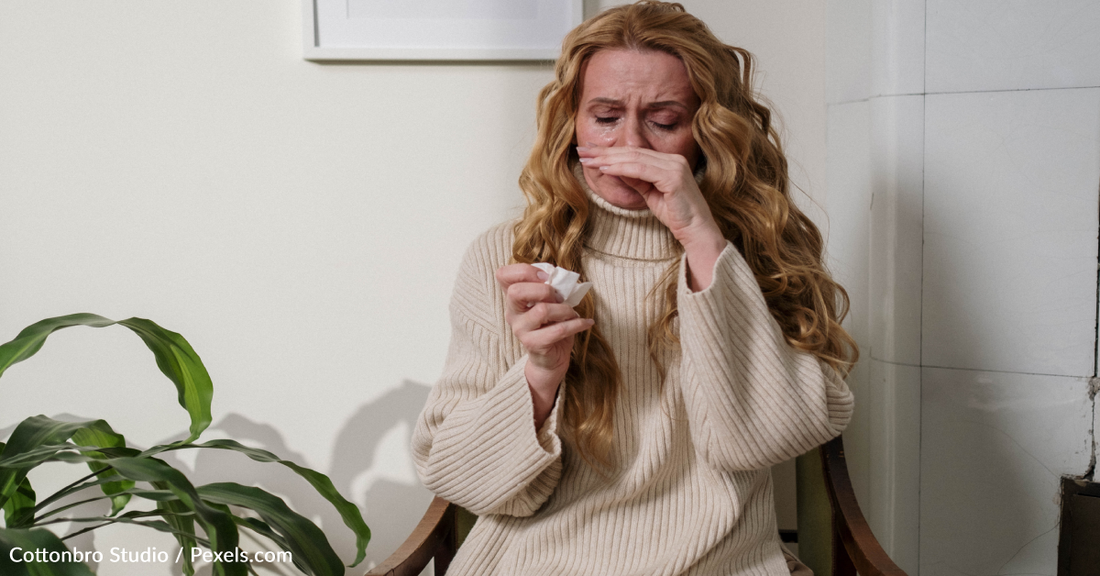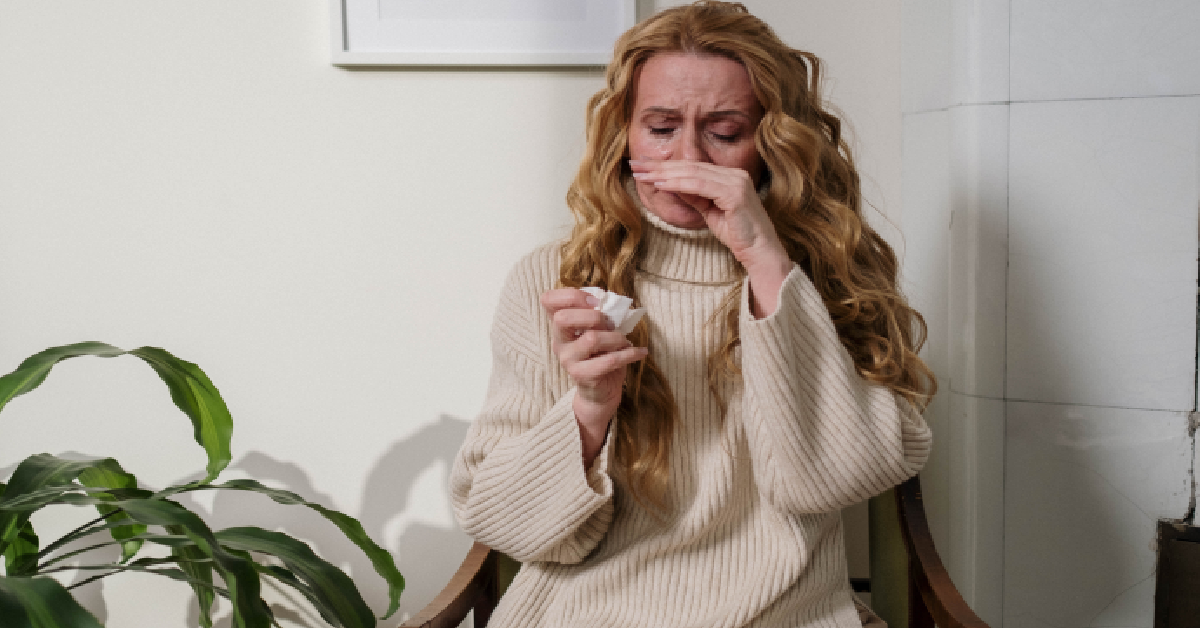Health Department Warns Pollen Levels Could Be High Enough To Land You In The ER
Timothy Roberts
Have you heard anybody complaining about allergies this year? Perhaps you have been experiencing allergies greater than what you typically feel.
It isn't unusual for people to have allergies during this season. In New York, it happens when pollen shows up in great measure as the trees wake up after their winter sleep.
 Photo: Pexels/Samson Katt
Photo: Pexels/Samson Katt
According to the New York City Department Of Health and Mental Hygiene, however, this year's pollen count was off the charts. They posted a bulletin saying that some New Yorkers may end up in the emergency room due to their allergies.
If you suffer from tree pollen and live in New York, you could suffer from allergic rhinoconjunctivitis or asthma attacks. Your worsening symptoms could include severe issues with itchy eyes, runny nose, and congestion.
The health agency said that over-the-counter allergy medication sales and visits to the asthma emergency department are usually up in April and May. On average, 260 people in New York go to the ER because of their allergies every May.
 Photo: Pexels/cottonbro studio
Photo: Pexels/cottonbro studio
During the COVID-19 pandemic in 2020, allergy issues were lower and hospitalizations were reduced.
The Mayo Clinic explains the problem with allergies as developing an antibody (IGE) to the allergen that bothers you. Afterward, when exposed to that particular allergen, histamine is released in great measure and you have your symptoms.
NBC4 Washington reports on why allergy symptoms may be worse this year, and it involves "botanical sexism." That term was coined by Tom Ogren, a horticulturist who said that people may plant male trees more frequently because they are easier to care for.
 Photo: Pexels/cottonbro studio
Photo: Pexels/cottonbro studio
Female trees don't produce pollen, so they are better for your allergies but they tend to be messier because of the seeds they drop on the streets.
In late spring and summer, grass pollen also becomes more of a problem in New York.
Fortunately, the Department Of Health reports that emergency room visits are only up for a short duration. The increase lasts about two or three weeks, but it's best to be prepared.
As they say, the best defense is a good offense, so have plenty of allergy medication and take it when the symptoms bother you. This can include antihistamines, such as a nasal spray that will help to limit symptoms such as sneezing, runny nose, and itchy eyes.
 Photo: Pexels/Engin Akyurt
Photo: Pexels/Engin Akyurt
You may also reduce your congestion by using a nasal saline spray. Just be cautious that the spray you use does not contain a vasoconstrictor, as they should only be used for a maximum of two or three days.
Like many problems, allergy symptoms will come and go. If you can ride it out and make it to the other side, you will naturally get some relief as the pollen subsides.

I love to write and it keeps me busy. I've been working online, full time since 1999. When you can't find me at the keyboard, you'll find me getting as much as I can out of life. I enjoy living simply, playing games, visiting the beach, and spending time with my family.




















